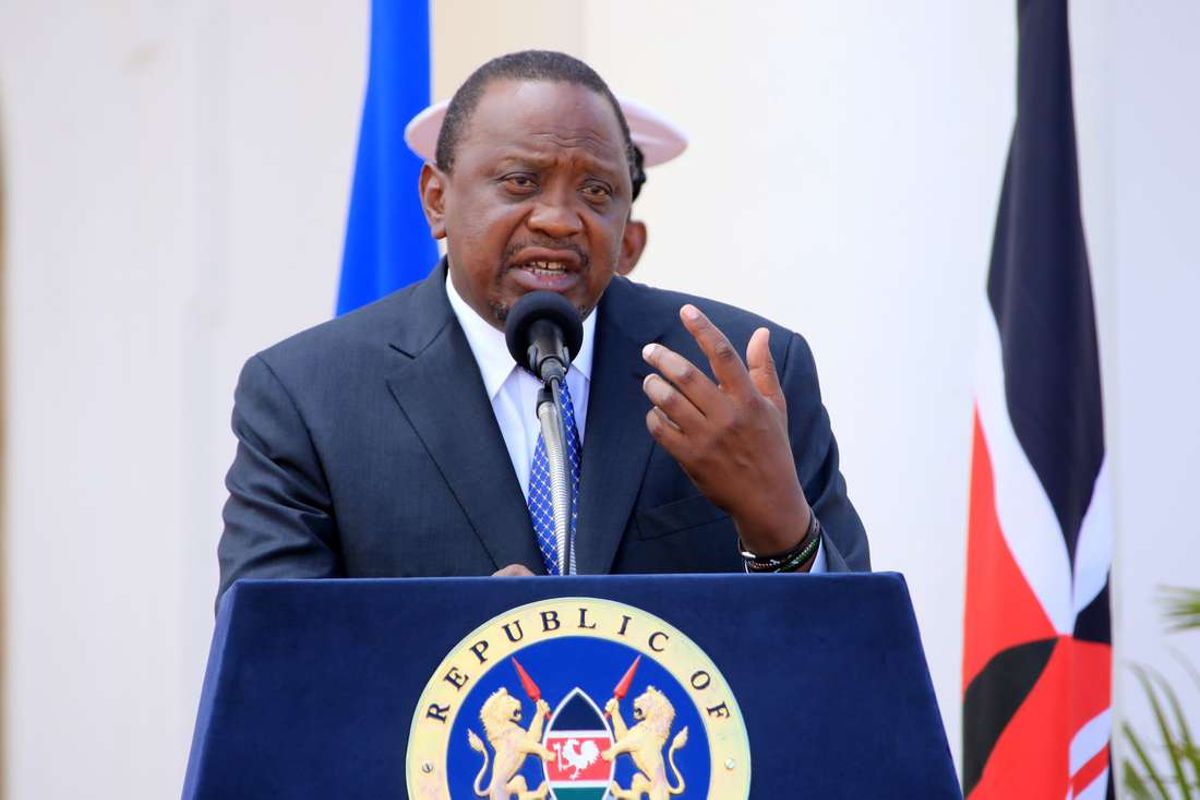
NAIROBI — Kenyan President Uhuru Kenyatta said that two more cases of the deadly coronavirus have been confirmed in his country.
In his address to the nation on Sunday, he said the confirmations followed tests on 27 people who came into close contact with the country’s first patient.
Following the three cases, President Kenyatta:
1. Suspended entry into Kenya by people from all countries affected by the Covid-19 disease for 30 days. This will take effect in the next 48 hours.
He said that only Kenyan citizens and foreigners with permits will be allowed into the country provided they quarantine.
2. Ordered the self-quarantine of all people who have entered Kenya over the last 14 days. He said they should go to hospitals for checks should they exhibit symptoms.
3. Suspended learning in all institutions.
4. Primary and secondary day schools will suspend operations from Monday with boarding schools doing the same by Wednesday.
5. Universities and tertiary institutions will be closed by Friday.
6. Asked government offices and businesses to allow employees to work from home .
7. Urged cashless transactions to prevent the risk of transmission through physical handling of money.
8. Asked the public to avoid congregating and visited crowded places such as malls.
9. Asked hospitals, malls and other such establishments to provide soap, water and sanitisers.
10. Warned traders of stern action against hoarding of goods and unfair price increases as economy takes a hit.
“The government is suspending travel for all persons coming into Kenya from any country with reported Coronavirus cases.
“Only Kenyan citizens and foreigners with valid resident’s permits will be allowed to come in provided they proceed on self-quarantine or to a government-designated quarantine facility. This will take effect within the next 48 hours to cater for any passengers who may be en route.
“This directive will remain in effect for the next thirty days or as varied by the National Emergency Response Committe
“Where possible, government offices, businesses and companies are encouraged to allow employees to work from home with the exception of employees working in critical or essential services
He further encouraged Kenyans to adopt cashless transactions in a bid to prevent the spread of the virus through exchange and handling of physical cash.






